Directory
- Share
Rena Patel
- Alumni
- United States
- 2003 MPhil Modern Society & Global Transitions
- Hughes Hall

Rena Patel
- Alumni
- United States
- 2003 MPhil Modern Society & Global Transitions
- Hughes Hall
Samira Patel
- Scholar
- United States
- 2022 PhD Polar Studies
- Downing College

Samira Patel
- Scholar
- United States
- 2022 PhD Polar Studies
- Downing College
I graduated with an anthropology degree from the University of Chicago armed with a background in social justice and sensitivity to how policies often exclude the most vulnerable people. I’ve spent the last five years learning how this is particularly acute in climate and environmental monitoring programs. I’ve worked at the science-policy interface at both the U.S. National Oceanic and Atmospheric Administration and the Center for Space Policy and Strategy. While earth observation satellites and vast data systems can enable better insights at the planetary level, they often miss realities on the ground. Wanting to critically examine how the science-policy interface and our digital data infrastructures impact local communities, I came to the Scott Polar Research Institute at Cambridge to conduct ethnographic and science and technology studies (STS) research at the world’s “third pole” in the Himalayas. Like the polar regions, the Himalayas must also grapple with consequences of a melting cryosphere, while managing a microcosm of considerable ecological and cultural diversity. Through my research, I aim to shed light on culturally embedded notions of science and technology and how they can translate into better climate policies.
Previous Education
University of Cambridge Polar Studies 2021
University of Chicago Anthropology 2012
Jill Paterson
- Alumni
- Grenada
- 2012 MPhil Theoretical & Applied Linguistics
- Hughes Hall
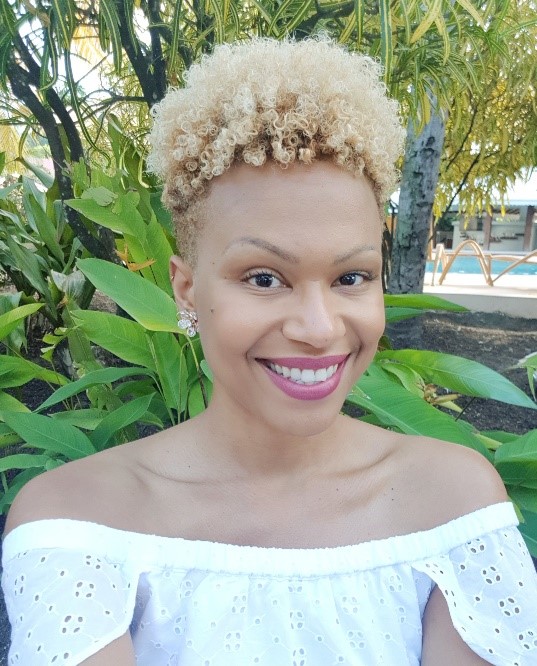
Jill Paterson
- Alumni
- Grenada
- 2012 MPhil Theoretical & Applied Linguistics
- Hughes Hall
I work as an English instructor in the Specialized English Language Program at the St. George’s University School of Medicine (SGU), Grenada. As the linguist attached to the Grenada Creole Society, I facilitate documentation and revitalization efforts for Grenadian French Creole, an endangered language on the island. In addition, because of my research on Grenadian English Creole, I provide language and culture training for non-native and native speakers. These include faculty and students at SGU and new Peace Corps volunteers who function as literacy teachers in Grenadian primary schools. I also comanage the Adult Literacy Initiative of Grenada, a non-profit organization that provides free literacy classes for adults, and I consult with the Ministry of Education to enhance English instruction in schools within the Grenadian creole context. My research areas include creole description and documentation, language revitalization, creole in the classroom, adult literacy, language training for native/non-native speakers, and non-academic factors affecting university students.
Links
http://gatescambridge.wordpress.com/2013/01/07/mind-your-language
http://www.gatescambridge.org/news/detail.asp?ItemID=13672
Shiladitya Paul
- Alumni
- India
- 2003 PhD Materials Science and Metallurgy
- St Edmund's College
Shiladitya Paul
- Alumni
- India
- 2003 PhD Materials Science and Metallurgy
- St Edmund's College
My goal is to teach Physical Sciences - preferably at High School level - and hopefully be able to convey to my students my own passion for the subject.
Thomas Paul
- Alumni
- United States
- 2012 Diploma Economics
- Hughes Hall
Thomas Paul
- Alumni
- United States
- 2012 Diploma Economics
- Hughes Hall
Previous Education
United States Naval Academy Mathematics 2012
Amol Pawar
- Alumni
- United States
- 2002 PhD Biochemistry
- Hughes Hall

Amol Pawar
- Alumni
- United States
- 2002 PhD Biochemistry
- Hughes Hall
Kendell Pawelec
- Alumni
- United States
- 2010 PhD Materials Science and Metallurgy
- Pembroke College
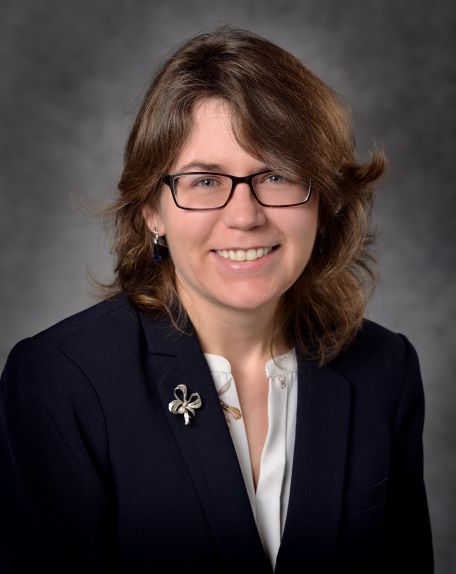
Kendell Pawelec
- Alumni
- United States
- 2010 PhD Materials Science and Metallurgy
- Pembroke College
In the spring of 2014, I finished my PhD in Materials Science and Metallurgy in Cambridge as a Gates scholar, and member of Pembroke College. My research in the field of biomaterials - materials which are in contact with living tissue - has continued though several postdoctoral appointments in Europe and the US. This has included pioneering the use of new materials for bone regeneration, and solving complex manufacturing challenges related to nerve repair implants that guide repairing nerve across a lesion site, all with the focus of improving patient recovery. With an interest in the translation of biotechnology, I have served as an Entrepreneur-in-Residence with Spartan Innovations (an affiliate of Michigan State University Foundation), and the CEO of a pre-clinical therapeutics company. Currently, I am an assistant professor at Michigan State University and engage with the entrepreneurial community as a biomedical engineering consultant.
Maria Pawlowska
- Alumni
- Poland
- 2007 PhD Earth Sciences
- Clare College
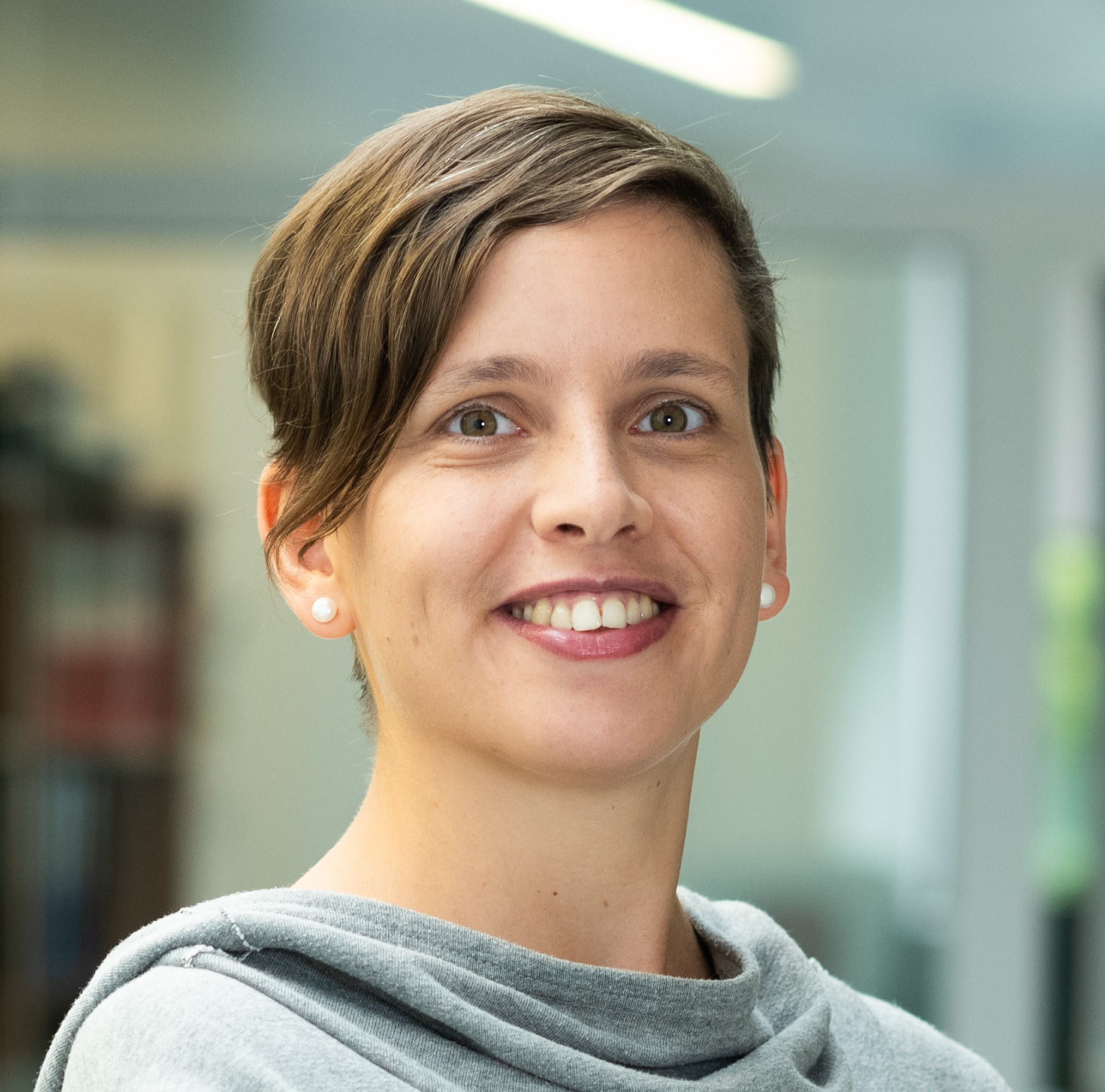
Maria Pawlowska
- Alumni
- Poland
- 2007 PhD Earth Sciences
- Clare College
Science policy and administration expert with a focus on research and development management, quantum technologies. data management and international relations.
Links
https://www.visnea.org/team
https://www.linkedin.com/in/maria-pawlowska-a77ab334
Camille Paxton
- Alumni
- United States
- 2004 PhD Biology
- Downing College
Camille Paxton
- Alumni
- United States
- 2004 PhD Biology
- Downing College
Richard Payne
- Alumni
- New Zealand
- 2002 PhD Chemistry
- Downing College

Richard Payne
- Alumni
- New Zealand
- 2002 PhD Chemistry
- Downing College
Irene Peano
- Alumni
- Italy
- 2005 PhD Social Anthropology
- King's College
Irene Peano
- Alumni
- Italy
- 2005 PhD Social Anthropology
- King's College
My research will focus on issues of gender, sexuality and the body in the context of sex workers trafficking from Nigeria to Italy. I aim at actively contributing not only to anthropological knowledge, but also to more political and social issues related to the lives of these women within a wider social context, in a time when migration and the rights of migrants are becoming a central issue for European and global politics.
Tammy Pearl
- Alumni
- South Africa
- 2005 MPhil Biochemistry
- St John's College
Tammy Pearl
- Alumni
- South Africa
- 2005 MPhil Biochemistry
- St John's College
My mother calls me painful and messy. I prefer to say that I am inquisitive and creative. I find the molecular pathways that govern life miraculous and so, surprise, I am doing my MPhil in biochemistry. My family hopes I’ll come out of Cambridge a well spoken posh lady, I am hoping for a lot more (I think I am already a well spoken posh lady... hehe). Jokes aside, I am extremely grateful to the Gates Trust for affording me this opportunity and all I can say is that I plan to achieve great things
Annika Pecchia-Bekkum
- Alumni
- United States
- 2014 PhD Medicine
- Pembroke College
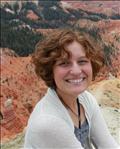
Annika Pecchia-Bekkum
- Alumni
- United States
- 2014 PhD Medicine
- Pembroke College
In all but birthplace, I’m effectively a Salt Lake City, Utah native, but somehow managed to avoid becoming an avid skier. I started college a little early at Salt Lake Community College, then transferred to the University of Utah where I graduated with honors degrees in both Chemistry and English. I graduated with a Master’s degree in Chemistry also at the University of Utah. At Cambridge, I am working with Drs. K.G.C. Smith and Paul Lyons in the Cambridge Institute for Medical Research. After my time at Cambridge, I plan on completing postdoctorate research and then attending medical school. Ultimately, I wish to specialise in paediatric immunology and treat patients as well as conduct research.
Ana Pelaez
- Alumni
- Guatemala
- 2020 PhD Latin American Studies
- Queens' College
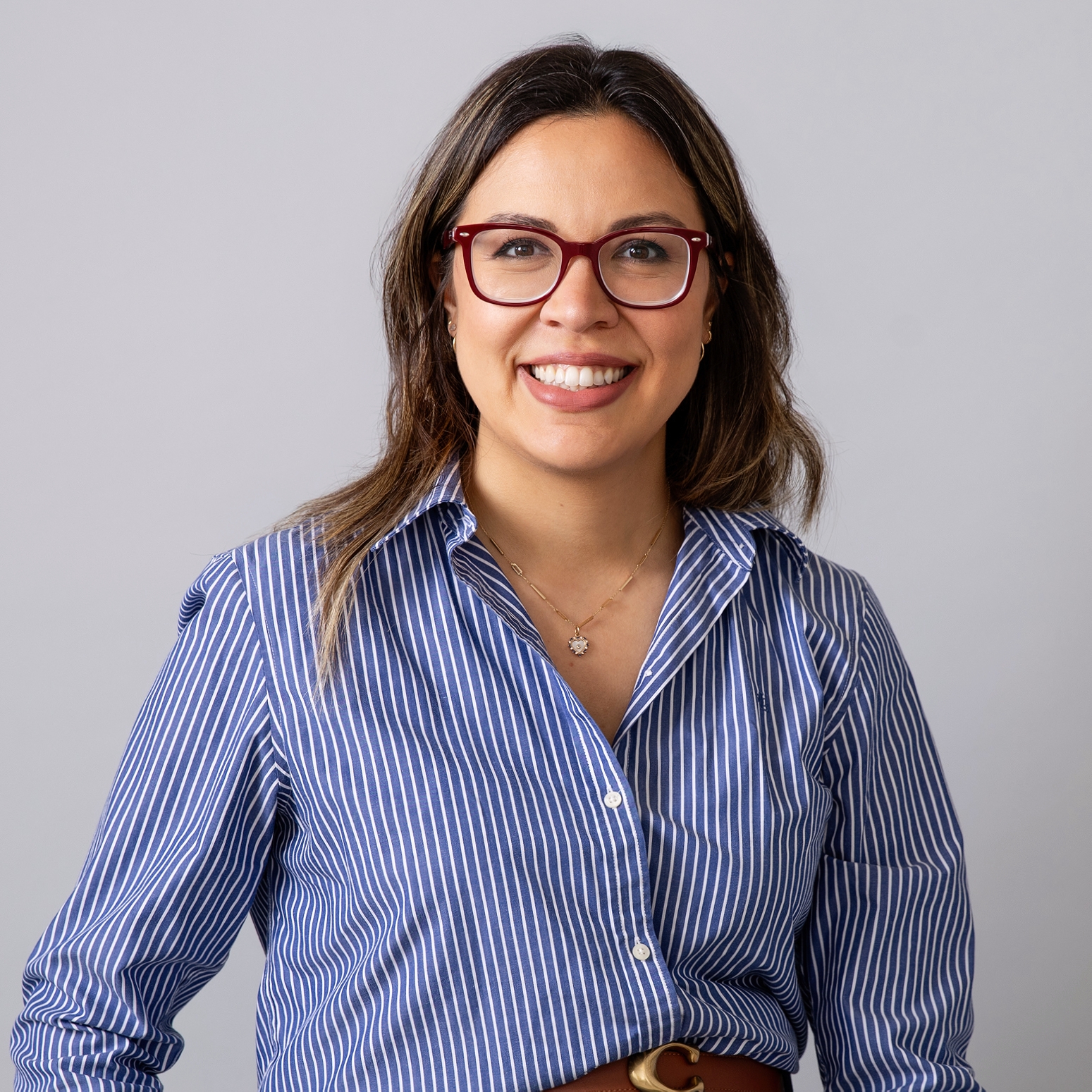
Ana Pelaez
- Alumni
- Guatemala
- 2020 PhD Latin American Studies
- Queens' College
I am a Guatemalan sustainability professional and Gates Cambridge Scholar, currently pursuing a PhD in Latin American Studies at the University of Cambridge. My research explores the dynamics of socioenvironmental conflict, resistance movements, and state–civil society relations in Latin America, with an interest in how these shape governance and development outcomes. Prior to academia, I spent nine years working in the private sector, leading sustainability planning, stakeholder engagement, and conflict resolution initiatives in the energy and real estate sectors. This experience sharpened my ability to navigate complex regulatory, political, and social environments while aligning corporate strategy with international standards on human rights, Indigenous rights, and environmental compliance. Having witnessed firsthand the tensions that arise at the intersection of development and local realities in Guatemala, I am motivated to connect critical research with practical frameworks that support more informed and effective decision-making. My work brings together academic analysis and strategic implementation to contribute to more responsive and context-aware approaches to sustainability.
Previous Education
University of Bradford Peacebuilding 2020
Universidad Francisco Marroquí Political Science 2013
Universidad Francisco Marroquí International Relations 2013
Links
http://www.analuciape.com
http://www.linkedin.com/in/analuciapelaezecheverria
Kiera Peltz
- Alumni
- United States
- 2017 MPhil Sociology (Political and Economic Sociology)
- Murray Edwards College (New Hall)
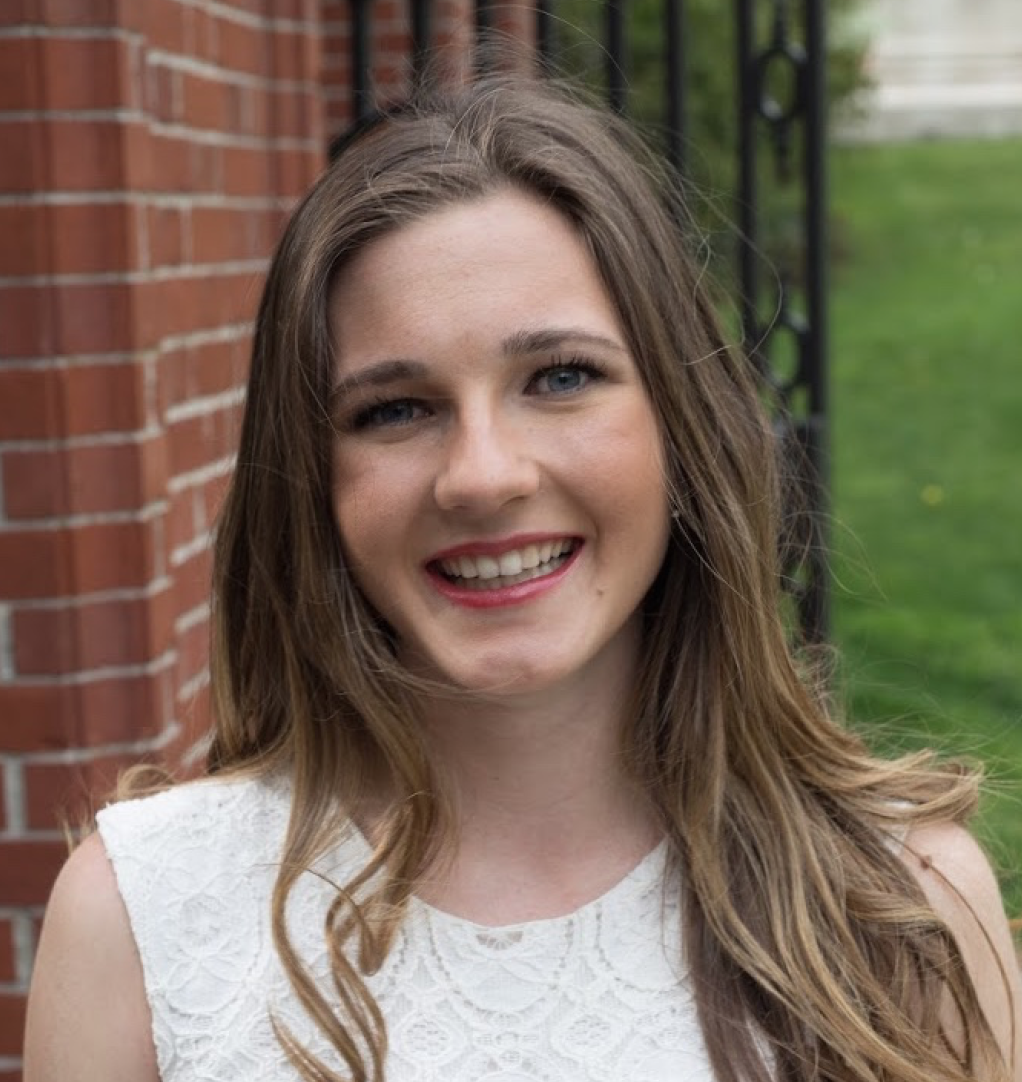
Kiera Peltz
- Alumni
- United States
- 2017 MPhil Sociology (Political and Economic Sociology)
- Murray Edwards College (New Hall)
I am passionate about understanding how we can create happier societies, insofar as I seek to comprehend how our political, economic, and social institutions can be shaped to ensure individuals can pursue happiness. Ultimately, I aspire to advocate for happiness to be a central objective of government and to use happiness research to create public policies. As an undergraduate at Brown University, I developed an independent major in Happiness, which spanned eight fields of study and explored the individual and societal nature of happiness. Coupled with a second major in Political Science, I spent my undergraduate examining the politics of happiness, culminating in my honors senior thesis, which analyzed why the current policy-making process in the United States does not make people happier. By pursuing the MPhil in Political and Economic Sociology, I hope to deepen my understanding of how political and economic institutions impact societal wellbeing. Specifically, I will explore how political and economic institutions exacerbate or minimize status inequality, a key determinant of happiness inequality. By rooting happiness in a sociological context, and thus studying the structural nature of happiness, I hope to leave Cambridge with a more robust understanding of how we can make our environment conducive to the pursuit of happiness.
Previous Education
Brown University
Zhenwei Peng
- Alumni
- China
- 2009 PhD Earth Sciences
- Jesus College
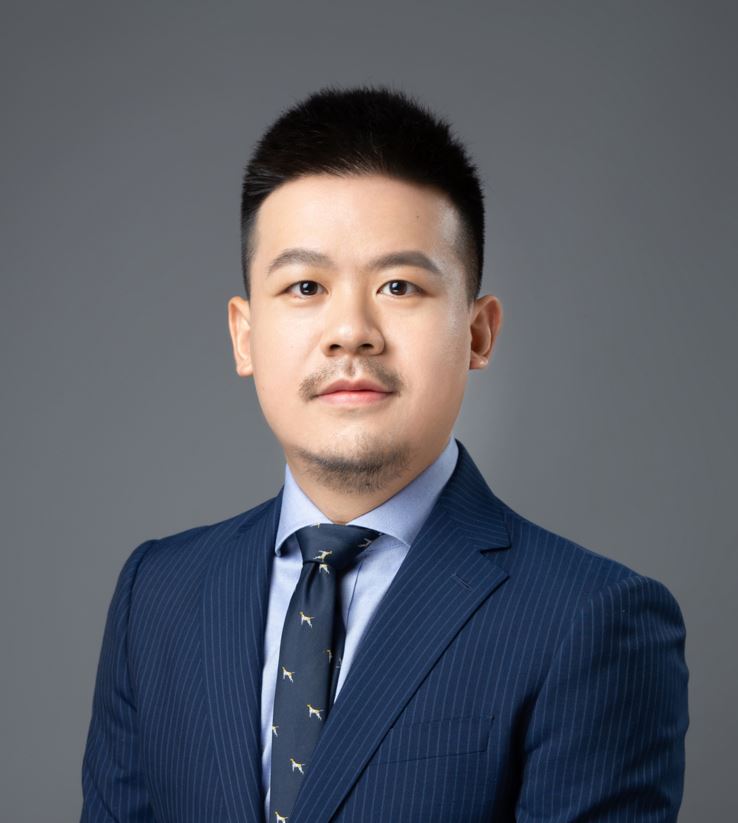
Zhenwei Peng
- Alumni
- China
- 2009 PhD Earth Sciences
- Jesus College
My research is about how the crystallographic structure of iron-nickel alloy, its mechanical properties and phase transition vary with temperature, pressure, chemical composition and other conditions. I am trying to investigate those property variations by high temperature experiments, theoretical calculation and computational modeling. The motivation of this project is related to the fact that the Earth's inner core is believed to be formed mainly by the same alloy. It is therefore vital to understand the working of our planet, because all the globe-scale changes, such as earthquakes, are more or less related to the interior activities of our planet.
Stephen Pepper
- Alumni
- United States
- 2018 PhD Divinity
- St John's College
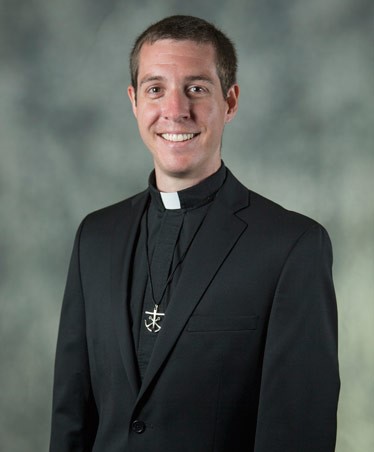
Stephen Pepper
- Alumni
- United States
- 2018 PhD Divinity
- St John's College
A question overtook me during a drive through the Pennsylvania Wilds in 2015. How might people in life situations of “exile” have access to theology and literature itself conceived out of exile? Thus, a passion for Dante that had begun during my first year of seminary at the University of Notre Dame developed into a weekly Dante study group at my local prison in northeast PA, and through my exposure to the lives and hopes of these inmates over the course of two years, I began to see how Dante could be used to explore the fundamental structures of and possibilities for human unity, even in the midst of fragmentation and isolation. My research in the Faculty of Divinity will formalize this exploration by tracing the theological and metaphysical participation traditions in which Dante stands, delimiting his understanding of the inter-relationality among divine and human nature(s), and applying the systematic consequents of his theology of participation to new ways of thinking about social modalities, wherein pluralities of valuation and reasoning may cohere to address the anomies of our own day. As a Roman Catholic priest from a military family in Alabama, I am humbled to be part of the Gates community and eager to gain from it a deepening respect for the versatility of human goodness.
Previous Education
Seton Hall University
University of Notre Dame
Stephen Peppin
- Alumni
- Canada
- 2001 PhD Applied Mathematics
- Trinity College

Stephen Peppin
- Alumni
- Canada
- 2001 PhD Applied Mathematics
- Trinity College








